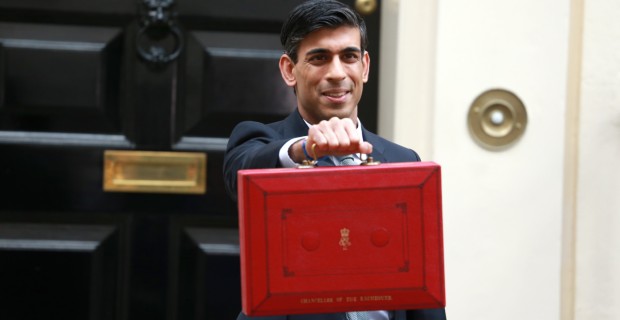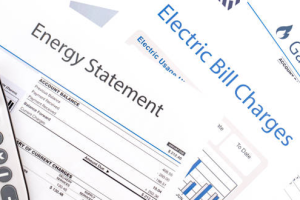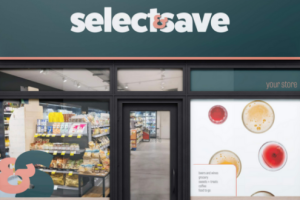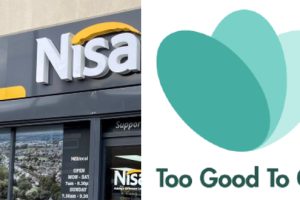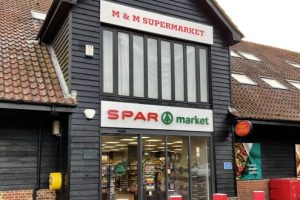He said employers that bring back furloughed workers and continue to employ them to January will receive a £1,000 bonus.
Sunak said: “The employee must be paid £520 each month through to January … If you stand by your workers we will stand by you.”
He confirmed that the furlough scheme will end “flexibly and gradually” in October.
The government will also create a kickstart scheme that will pay employers to create new jobs for 16- to 24-year-olds at risk of long-term unemployment. These jobs will be for at least 25 hours a week and pay the minimum wage.
In addition, the chancellor said the government will give companies £2,000 each to encourage them to hire apprentices. He said firms will also get £1,500 to employ apprentices over 25 years old. In addition, the government will pay employers £1,000 for every trainee they offer a work experience placement to.
Sunak has also pledged to cut VAT on food, accommodation, and attractions. VAT will be reduced from 20% to 5% from next Wednesday until 12 January, he said.
This cut will apply to eat-in or hot takeaway food and non-alcoholic drinks from restaurants, cafes and pubs, accommodation in hotels, B&Bs, campsites and caravan sites, and attractions like cinemas, theme parks and zoos.
In addition, the government will give everyone 50% off meals in participating restaurants, cafes and pubs during August. The discount will go up to £10 per head for adults and children and will apply Monday to Wednesday. Sunak said the scheme will help people “Eat Out to Help Out” the hospitality sector.
He said: “Businesses will need to register, and can do so through a simple website, open next Monday.
“Each week in August, businesses can then claim the money back, with the funds in their bank account within five working days.”
In response, ACS chief executive James Lowman said: “The government needs to provide further clarity on whether local shops with hot food counters will be able to benefit from the VAT cut and ‘Eat Out to Help Out’ discount announced during his statement.”
Lowman added: “We welcome the government’s commitment to encouraging the return of furloughed workers in his summer statement. Local shops have been a lifeline for the communities they serve and the support that has been offered so far has enabled retailers to keep their businesses going and continue feeding their communities.”
The British Independent Retailers Association has expressed its disappointment that the Summer Statement does not directly help retail business owners. Andrew Goodacre, chief executive, said: “We welcome the various initiatives to bring younger people into work and the support for the hospitality sector. However, it is disappointing that there is no VAT cut for retailers in general and no changes to national insurance.
“There needs to be thought given to how consumer demand is stimulated on the high street or many businesses will close and jobs lost.”
Retail NI chief executive, Glyn Roberts, added: “There a number of positive measures in this statement such as the furlough bonus, increased investment in infrastructure and support for our hospitality sector. However, there is little in this economic update to boost consumer confidence and to get people spending again in our retail sector. A temporary reduction in the headline rate of VAT would have been helpful in achieving this.
“The chancellor should have also looked at introducing some form of a voucher scheme to boost consumer spending in independent retailers. Overall, the measures announced in this statement should have been more ambitious.”
Paddy Lillis, Usdaw general secretary, agreed: “The government’s response to mitigate the impact of the coronavirus emergency on the retail industry, in the form of small business grants, business rates relief and VAT deferral, has helped take some pressure off. However, these interim measures will not sustain the industry for long. We needed to hear today that the government will adopt an urgent retail recovery plan.
“What the retail sector needs now is a tripartite approach of the government, unions and employers to develop a much-needed retail recovery plan. We have long called for an industrial strategy for retail to help a sector that was already struggling before the coronavirus emergency. Now the situation is much worse. The government has a clear choice. Do they want to see the high street go to the wall, or do they want to help save it? Retail is an important feature of our towns and cities, it employs three million people and we need a stimulus package to save the industry.”
 Talking Retail Grocery and product news for independent retailers
Talking Retail Grocery and product news for independent retailers
